Geriatric Pregnancy Risks
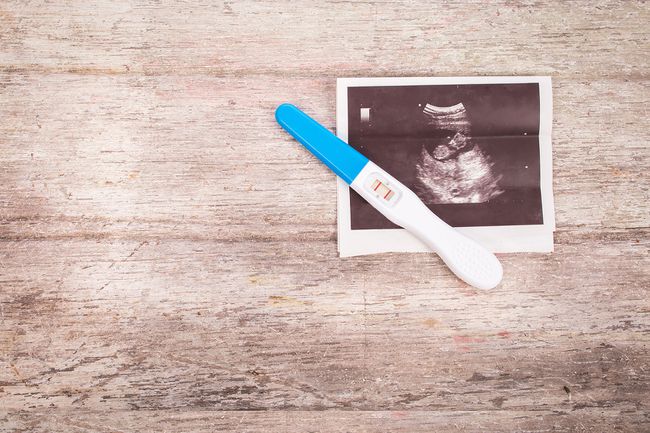
Yes, it's true: Studies have shown that women who postpone childbearing to after 35 do face some special risks, including miscarriage, premature delivery and stillbirth, gestational diabetes, chromosomal abnormalities, and fetus growth retardation.
But that doesn't mean you are destined to have a problem pregnancy. "It's a label, not a diagnosis," says Alan Fleischman, M.D., medical director of the March of Dimes, adding that older women may need a few extra prenatal exams.
If you're over 35, here's how you can boost your odds of having a healthy pregnancy by making with smarter lifestyle choices.
- Read More: What Is a Geriatric Pregnancy?
Take a Prenatal Vitamin

Above all, you should aim to be as healthy as you can before you conceive. Start taking prenatal vitamins with at least 400 micrograms of folic acid before getting pregnant to help prevent neural tube birth defects such as spina bifida, a condition in which the tissue over the baby's spinal cord doesn't close.
- Read More: Here’s What a Good Prenatal Vitamin Should Have
See Your Doctor

If you’re planning to become pregnant, see your doctor for a pre-conception checkup ASAP. Your healthcare provider will be able to help you find the best prenatal vitamin. She’ll also be able to answer questions about your pregnancy diet, safe prenatal exercise, and any environmental factors you should avoid for the next nine months.
- Read More: Get Pregnant Faster: Your 7-Step Plan
Manage Preexisting Conditions

Always stay on top of your regular doctor's visits to make sure any existing health problems, such as diabetes or thyroid problems, are under control. Also make sure your doctor knows you'll be trying to conceive — and ask for advice to help keep your body in tip-top shape.
Know Your Birthing Options
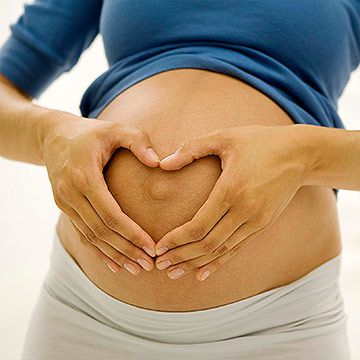
Newsflash: A Cesarean isn't your only option. Over-40 mothers are more likely to have a C-section because of their higher rates of multiple births and medical complications, but you shouldn't have one unless it's medically necessary.
Get Your Weight in Check
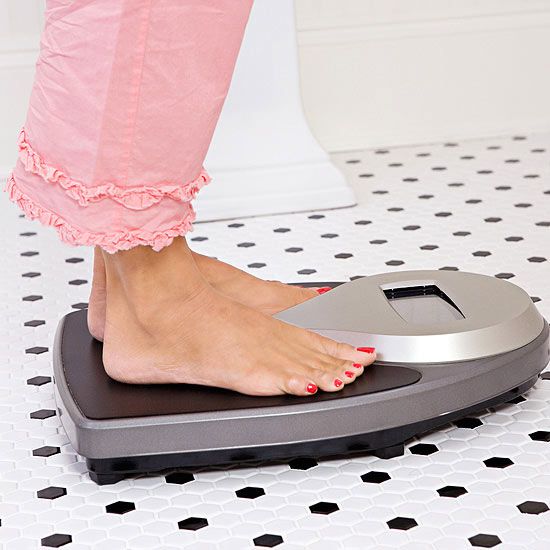
Lose weight if you're overweight. Women who are overweight when they get pregnant are more likely to develop problems during pregnancy (and often have more troubles with labor and delivery, too).
- Read More: 9 Plus-Sized & Pregnant Tips
Go Easy on Yourself

Give yourself a break when you feel worn out. "Older women are more established in their routines, and they tend to want to continue doing everything they did prior to pregnancy," says Bonnie Berk, R.N., M.S., founder of Motherwell Maternity Fitness in Carlisle, PA. However, you need rest to stay healthy for you and baby.
Boost Your Nutrition
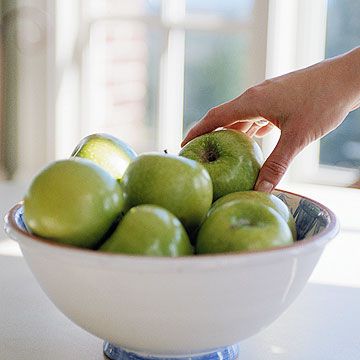
Time to really focus on what you're eating! Include a wide variety of nutritious foods in your daily diet. And make sure you're getting enough Folic acid, too. In addition to it being a part of your prenatal supplement, add Folic acid-rich foods in your diet; spinach, beans, lentils, and sunflower seeds are all good sources.
- Read More: 15 Pregnancy Power Foods
Exercise Regularly
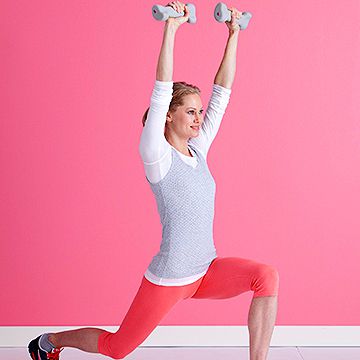
This is the time to get on a solid fitness plan. Join a class, dust off your running shoes, try some at-home workout DVDs — anything that sparks your interest and gets you moving. And make sure you work out on a regular basis — not intermittently.
- Read More: Easy Walking Workouts for Pregnancy
Stress (A Lot) Less

According to the American Pregnancy Association, stress has been linked to delayed or missed periods, which can make tracking your ovulation and getting pregnant difficult.
- Read More: Health 101: Stress and Fertility
Develop Better Sleep Hygiene

Make sure you're getting enough sleep these days. It might be a good time to reassess your sleeping environment, too. Experts suggest ditching the TV in the bedroom — and leave your laptop and cell phone at the door. Make the room in which you sleep an escape just for you and your partner.
Get Vaccinated
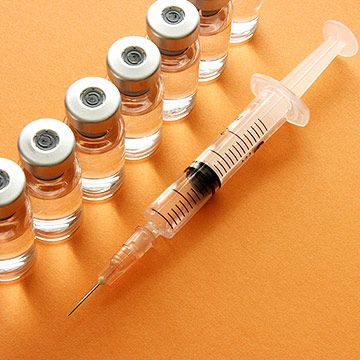
Make sure you're up to date on all of your immunizations. Discuss with your doctor if you might be a good candidate for seasonal flu and H1N1 vaccines as well.
Branch Out of Your Friend Group

Build a support group of other new mothers, even if they're much younger. You may think you have nothing in common with women half your age, but once you start talking pregnancy, the age difference will matter less.
The Best Age to Get Pregnant, According to Moms
